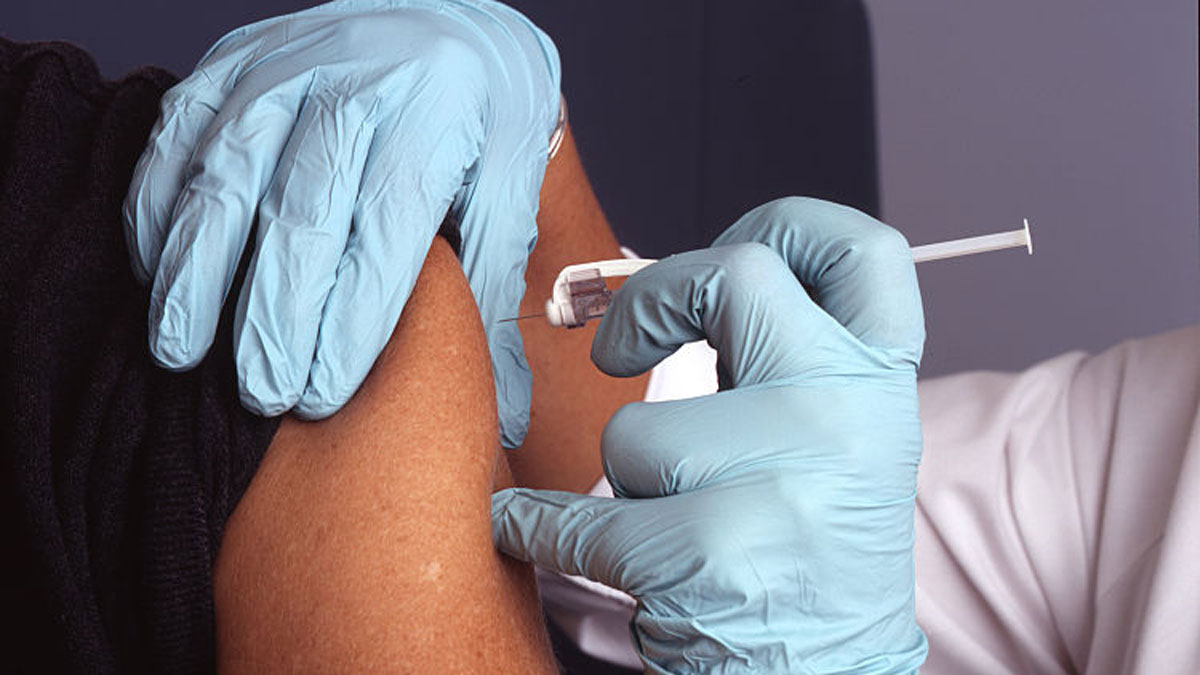Constitutionality of vaccine mandates and passports discussed at Centre for Constitutional Studies webinar
Patricia Paradis, executive director of the Centre of Constitutional Studies, posed questions to Carissima Mathen, a professor in the faculty of law at the University of Ottawa.
 Supplied - Rhoda Baer
Supplied - Rhoda BaerThe University of Alberta’s Centre for Constitutional Studies presented a webinar discussing the constitutionality of vaccine mandates and passports.
On the afternoon of September 17, the webinar Vaccine Mandates, Passports, and the Constitution was held by the Centre for Constitutional Studies, a research centre located in the faculty of law at the University of Alberta. Patricia Paradis, executive director of the Centre of Constitutional Studies, posed questions to Carissima Mathen, a professor in the faculty of law at the University of Ottawa.
These questions prompted discourse on topics including the constitutionality of vaccine mandates and passports, whether mandates are a breach of charter rights, and if a person can conscientiously object to being vaccinated. Mathen concluded the webinar by taking questions from attendees.
Paradis began the webinar by asking Mathen to define and distinguish terms such as vaccine mandates and passports. While defining vaccine passports Mathen described “the term ‘passport’ [as] not that helpful.”
“I think in a domestic context where you’re really talking about entry into certain spaces where the government or a private enterprise determines there is a particular risk of the transmission of a serious public health disease, I think it’s more accurate to think of vaccine certification or proof of vaccination [rather than passports] to gain access to particular spaces,” Mathen said.
Mathen moved on to address vaccine mandates, which she described as having “no definitive legal definition for all contexts.”
“[The term ‘vaccine mandate’ seems] to suggest more of the state actually requiring everyone to be vaccinated,” Mathen reiterated. “So mandatory vaccination for everyone has not been discussed at all in Canada. We are talking about demonstrating that you have been vaccinated to gain access to certain spaces.”
Afterward, Paradis asked questions relating to different sections of the Charter of Rights and Freedoms and how they connect to the terms such as vaccine mandates and passports.
During the webinar, various sections and aspects of the Charter of Rights and Freedoms were discussed. One particular talking point was Section 7 of the Charter of Rights and Freedoms, which according to Paradis discusses protection of “life, liberty, and security of the person in accordance with principles of fundamental justice.”
“Given what we have heard about how these proof of vaccination regimes are being structured, I think it might be difficult under Section 7 [of the Charter of Rights and Freedoms] to argue that principles of fundamental justice are not complied with, but it would depend on the case,” Mathen said.
Lastly, Mathen spoke on what the government can do to justify its actions around vaccine mandates and passports and whether it will be acceptable by a court. When asked how the government will justify its actions and if being in a pandemic allows the government to do whatever it wants to do, Mathen said “the Charter does not cease to exist because we are in a pandemic.”
“The core function of our courts is to uphold our constitution, to be the guardian of the constitution, to safeguard our rights and freedoms, but to also allow for that balance in certain circumstances because the social benefit may require in a certain context that rights and freedoms have to be infringed and the law has to be upheld.”




